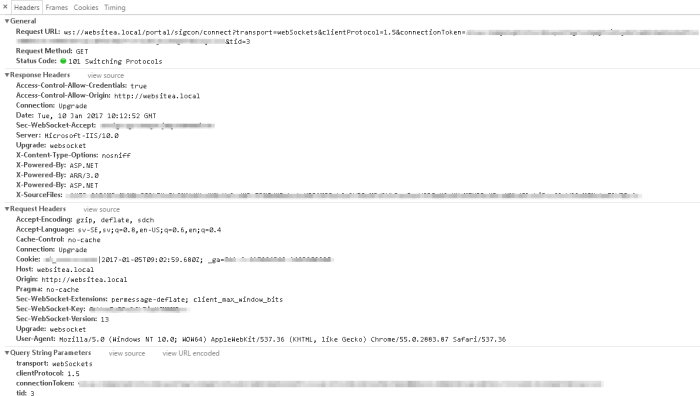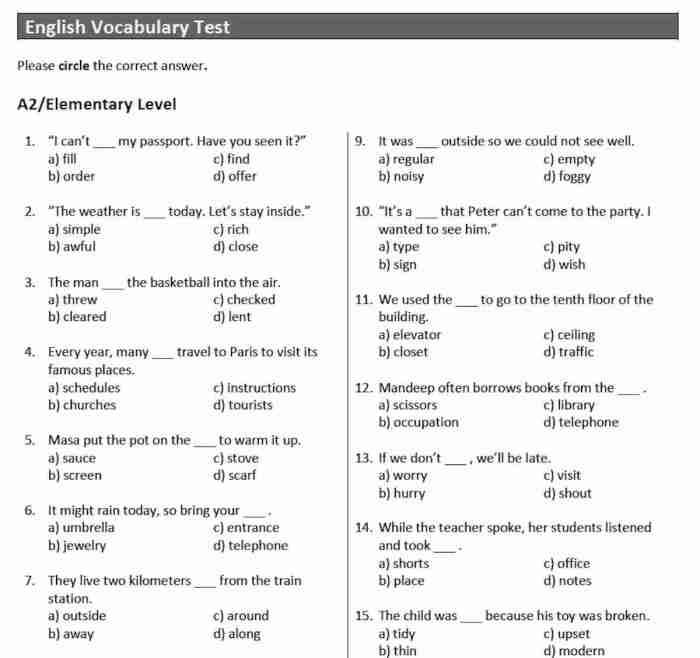Core grammar for lawyers post test answers pdf – Delve into the intricacies of core grammar for lawyers with our comprehensive post-test answers PDF. This invaluable resource empowers legal professionals to master the nuances of grammar, ensuring clarity, precision, and persuasiveness in their written and spoken communication.
As lawyers navigate the complexities of the legal system, a solid foundation in grammar is paramount. This document provides a thorough review of essential grammar concepts, addressing common challenges and offering practical guidance for improvement.
Overview of Core Grammar for Lawyers: Core Grammar For Lawyers Post Test Answers Pdf

Grammar serves as a cornerstone for legal professionals, enabling them to communicate effectively and precisely in written and spoken form. Mastering grammar is crucial for lawyers as it enhances their ability to draft clear and persuasive legal documents, engage in effective legal advocacy, and ensure the accuracy and enforceability of legal agreements.
Historically, the importance of grammar for lawyers has been recognized for centuries. Legal scholars have emphasized the need for precise and unambiguous language in legal documents, as even minor grammatical errors can lead to misinterpretations and legal disputes.
Key Elements of Core Grammar
Core grammar for lawyers encompasses several essential elements, including:
- Parts of Speech:Identifying and understanding the different parts of speech (e.g., nouns, verbs, adjectives, adverbs) is crucial for constructing grammatically correct sentences.
- Sentence Structure:Lawyers must be proficient in constructing clear and concise sentences that effectively convey their intended meaning. This includes understanding subject-verb agreement, proper verb tense usage, and sentence structure.
- Punctuation:Correct punctuation is essential for avoiding ambiguity and ensuring the proper interpretation of legal documents. Lawyers must be familiar with the rules governing the use of commas, periods, semicolons, and other punctuation marks.
Common grammatical errors made by lawyers include:
- Subject-verb agreement errors
- Incorrect verb tense usage
- Misuse of commas and semicolons
- Dangling modifiers
- Pronoun agreement errors
Resources for Improving Grammar
Numerous resources are available to lawyers seeking to improve their grammar:
- Grammar Books:Classic grammar books such as “The Elements of Style” by Strunk and White and “Garner’s Modern American Usage” by Bryan Garner provide comprehensive guidance on grammar and usage.
- Online Courses:Online courses and workshops offered by legal organizations and universities can provide structured learning opportunities for lawyers to enhance their grammar skills.
- Grammar Checkers and Editing Tools:Grammar checkers and editing tools can assist lawyers in identifying and correcting grammatical errors. However, it is important to note that these tools are not foolproof and should be used in conjunction with a solid understanding of grammar.
Best Practices for Legal Writing
Effective legal writing requires adherence to best practices, including:
- Clarity:Legal documents should be written in a clear and concise manner, avoiding ambiguity and jargon.
- Conciseness:Lawyers should strive to use precise language and avoid unnecessary words or phrases.
- Accuracy:Legal documents must be accurate and error-free to ensure their validity and enforceability.
To avoid common grammar mistakes, lawyers should:
- Proofread carefully before submitting any legal document.
- Seek feedback from colleagues or a professional editor.
- Utilize grammar checkers and editing tools as a supplement to their own knowledge of grammar.
Grammar in Legal Documents, Core grammar for lawyers post test answers pdf
Grammar plays a vital role in legal documents, as precise and unambiguous language is essential for ensuring their validity and enforceability. Grammatical errors can lead to misinterpretations, disputes, and even legal challenges.
Examples of how grammatical errors can affect the interpretation of legal documents include:
- A missing comma can change the meaning of a sentence.
- An incorrect verb tense can indicate a different time frame than intended.
- A dangling modifier can create ambiguity about what is being modified.
Grammar in Legal Advocacy
Effective grammar is essential for legal advocacy, as it enhances persuasion and credibility. Lawyers who use clear and grammatically correct language can more effectively convey their arguments, persuade judges and juries, and achieve favorable outcomes for their clients.
Examples of how grammatical errors can weaken legal arguments include:
- A grammatical error can distract the audience from the substance of the argument.
- Incorrect grammar can undermine the lawyer’s credibility and professionalism.
- Grammatical errors can make it difficult for the audience to understand the lawyer’s intended meaning.
Query Resolution
What are the key elements of core grammar for lawyers?
Core grammar for lawyers encompasses parts of speech, sentence structure, and punctuation, ensuring clarity and precision in legal communication.
How can lawyers improve their grammar?
Lawyers can enhance their grammar through various resources such as grammar books, online courses, workshops, and grammar checkers.
Why is grammar crucial in legal documents?
Precise and unambiguous grammar in legal documents prevents misinterpretation and ensures the enforceability of contracts and other legal agreements.
How does grammar impact legal advocacy?
Effective grammar in legal advocacy enhances persuasion and credibility, enabling lawyers to present their arguments clearly and persuasively.

